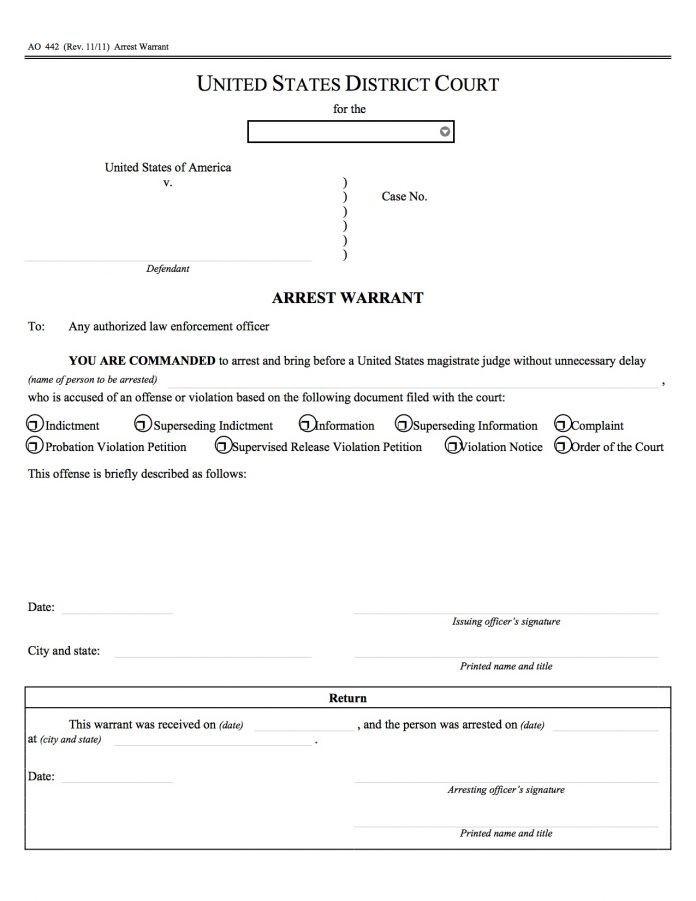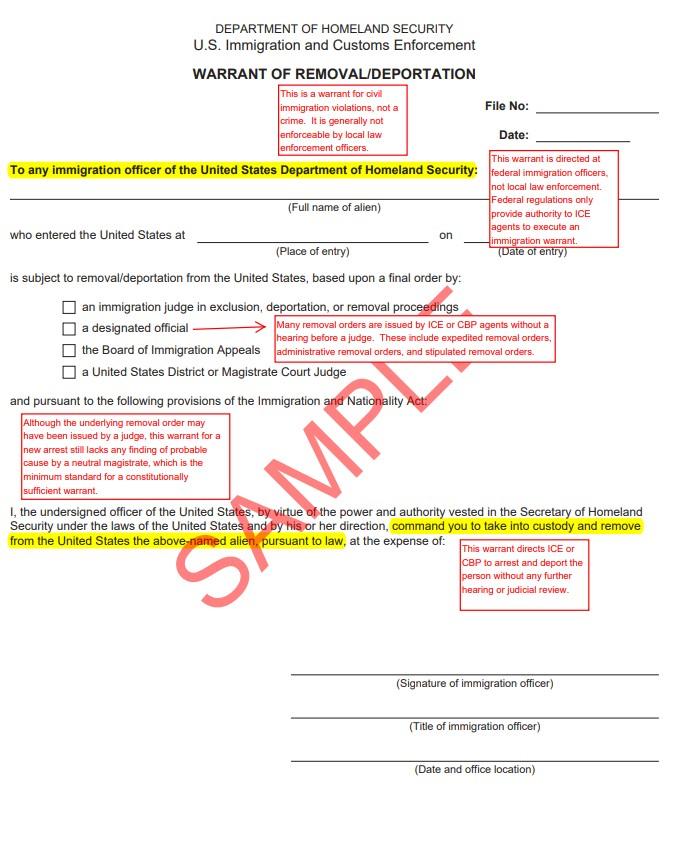

ICE Enforcement Protocol in Public Schools: Your Questions Answered April 10, 2025
Janelle Edwards-Stewart, Esq.
Kevin M. Craig, MAS, CPP, CPM





ICE Enforcement Protocol in Public Schools: Your Questions Answered April 10, 2025
Janelle Edwards-Stewart, Esq.
Kevin M. Craig, MAS, CPP, CPM


A Judicial Warrant can be either a search warrant or an arrest warrant. It must be:
1. signed by a judicial officer (a Judge or Magistrate);
2. describe the place to be searched, and the persons or things to be seized; and
3. have the correct date and have been issued within the past 14 days


A Search Warrant is a type of judicial warrant that when properly executed, allows police to enter the address listed on the warrant. The warrant must state specifically the place to be searched and the items to be seized. Officers may only search the areas and for the items listed in the warrant.


An Arrest Warrant allows police to detain a person in connection with a particular offense. If a warrant is property executed, staff should provide agents with access to areas specified in the warrant.





“Form I-200”
An ICE Administrative Warrant is signed by an immigration officer, not a judicial officer (judge or magistrate). ICE administrative warrants are far more limited than judicial warrants.
An ICE Administrative Warrant allows ICE officers to arrents noncitizens suspected of committing immigration violations.





• A Notice to Appear is a document that instructs an individual to appear before an immigration judge. This is the first step in starting removal proceedings against them.
A Subpoena is a written request for information that gives the recipient certain amount of time to respond.






Before ICE shows up, are there any proactive steps you recommend that schools take relative to the local PD?
What authority do Executive Orders (“EOs”) have, and what is the impact of President Trump’s January 20, 2025 EO “Protecting the American People Against Violence”?




What should we do if ICE agents show up at our school? Do we have to let them in?


If ICE “misbehaves” (e.g., pushes into the building, refuses to provide a warrant), can/should schools call the local police?




What if there’s no warrant, but ICE claims an exigent circumstance?


How can we support our students and families who are concerned about ICE?


Can


Do administrators have to comply with requests for information and/or records?


